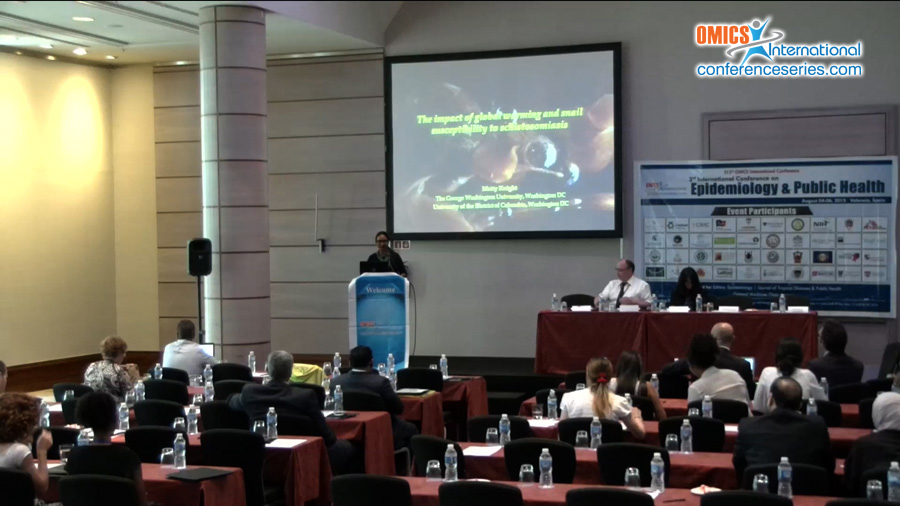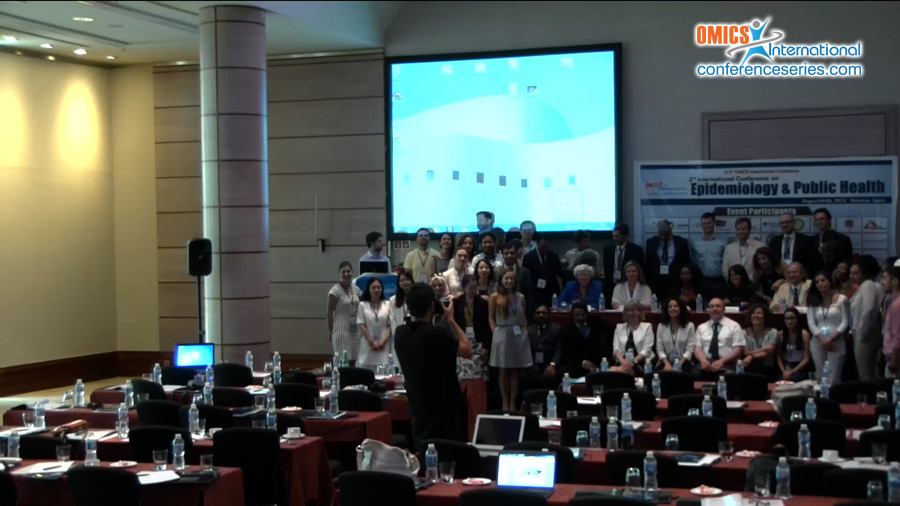
Mathilde Knight
The George Washington University, USA.
Biography
I have worked on schistosomiasis related research since 1982 and during this period have worked on molecular aspects of the causative schistosome parasite, Schistosomamansoni, as well as the intermediate snail host, Biomphalariaglabrata. In the parasite, the focus of my research was identifying antigens of the larval schistosomula and adult worm stages for vaccine development. In the snail host, my laboratory initiated studies that successfully described genetic variations between parasite resistant and susceptible snails. These investigations led to the first publication showing heritability of markers for the schistosome refractory phenotype in B. glabrata. My lab, in collaboration with the then TIGR institute, also initiated studies that made use of cDNA libraries generated from a variety of tissues (hemocytes, hepatopancreas, albumen gland, ovotestis, cerebral ganglia) to assess differences in transcriptomic profiles between resistant and susceptible snails. Work in my lab recently led to the discovery that early stress induction culminating in the expression heat shock proteins, such as Hsp 70 and 90 in juvenile snails is a significant aspect of snail susceptibility to S. mansoni. In collaboration with Dr Joanna Bridger at Brunel University, UK we were also the first to discover spatial epigenetics in the snail host schistosome relationship. My current research interest in the Brindley lab at the George Washington University is to develop transgenesis technology in the B. glabrata embryonic (BGE) cell line, enabling us to dissect mechanisms that can be disrupted to block the parasite’s development in the snail host.
Abstract
Abstract : The impact of global warming and snail susceptibility to schistosomiasis
Speaker Presentations
Speaker PDFs
Speaker PPTs Click Here


